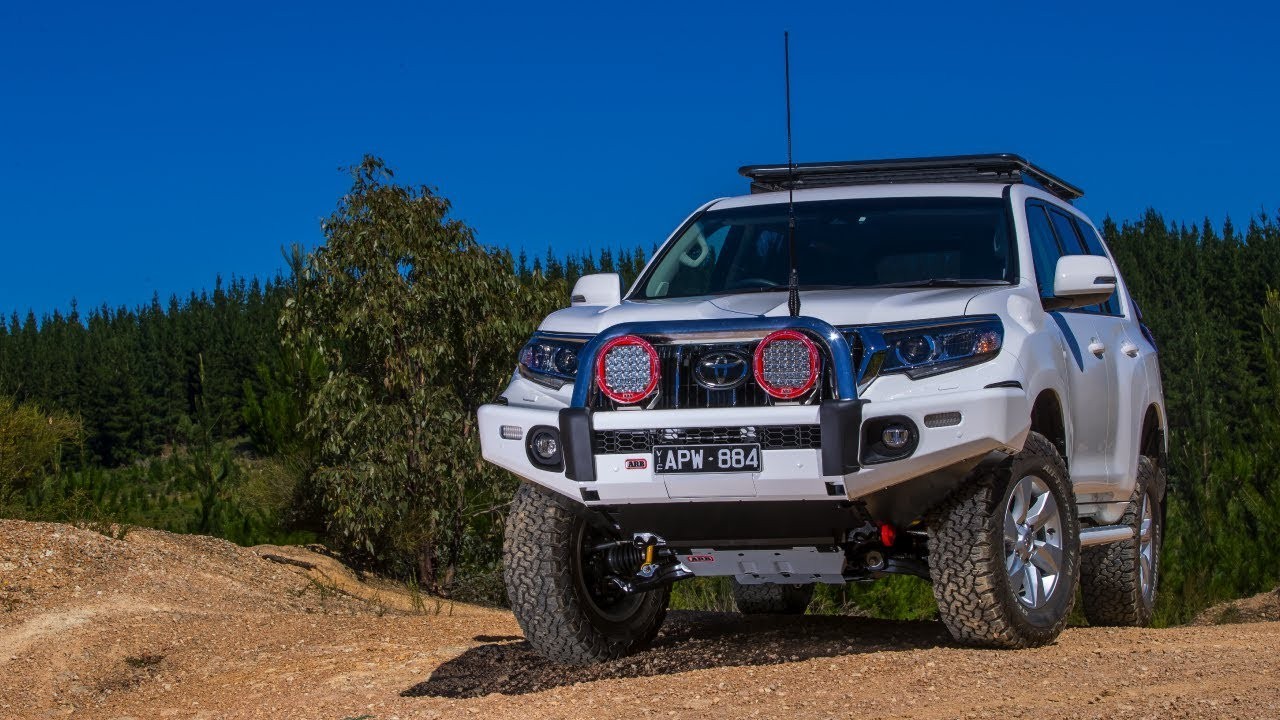When our data analytics team visits a client, we are often challenged by the term “entitlement”.
Businesses that use vehicles to assist in the delivery of their services have also used the said vehicle for attraction and retention purposes. With the dropping of sales tax, the introduction of Fringe Benefits Tax and Goods, Services Tax has all changed the landscape. However, the words remain in employment packages of “entitlement” to a vehicle.
If a business provides a vehicle, the first priority must be that the vehicle is fit for purpose, not fit for the individual’s private needs. Fit for purpose means that the vehicle is required primarily as a business tool, transporting staff, equipment and goods from A – B. The vehicle, while fit for purpose, should also be the most economical vehicle for the task at hand. The vehicle needs to be retained by the organisation for a time period that provides for optimum replacement.
This is where the concept “entitlement” really becomes tricky, because every person has a view on entitlement. To some its merely transport to and from their place of work. but to others it’s a status symbol, something that the neighbours will find acceptable, that will also tow the boat, carry the bicycle and pick up the family.
There is an easy solution worthy of consideration that really improves attraction and retention, while at the same time providing a value of entitlement that is consistent.

Simply pay the employee a vehicle allowance.
Adopt an organisational policy that clearly defines what you are offering the employee. The value of what the offer is based on, and the cost to own and maintain (including Fringe Benefits Tax) a vehicle of the class that would suit your organisations fit for purpose role. Define the mileage over which you have calculated the allowance and advise the employee that this mileage includes all business use requirements. Sign an agreement that clearly identifies the expectations of the employee while driving and providing their vehicle for business use. Finally make sure that the vehicle’s safety and maintenance requirements are aligned with those that pertain to your own organisation. For example
- 5 star ANCAP rating
- 10 years or younger
- covered by Roadside Assistance
- fitted with stability control system, such as ABS and ESP
Also ensure the monitoring of their compliance by providing:-
- Every 12 months on the renewal date of this agreement, a copy of the vehicle’s current insurance policy which also acknowledges business use of the vehicle, is presented to the organisation
- Service/maintenance schedule for inspection in advance of first driving for work and thereafter on request by the employer.
- Copies of all service invoices and/or job cards are provided for the organisation’s records to evidence the vehicle has been maintained to manufacturers specifications.
- Every 6 months, as a minimum, evidence is presented to ensure that the vehicle has been serviced and/or safety inspected by a suitably qualified person (mechanic).
- A valid driving licence is presented for inspection in advance of first driving for work and thereafter upon request by the organisation.
- Every month provide evidence of a self-generated simple pre-start check (there are free apps available for prestart).
Uniqco fleet data analytics is a company that provides a software to merge data from multiple sources to deliver easy to use fleet data analytics to monitor financial risk and safety compliance. Grant Andrews the Managing Director of the Uniqco Group was the main author of the Institute of Public Works Australasia Plant and Vehicle management manual 1st 2nd and 3rd edition and regularly commentates on the stories behind fleet data


